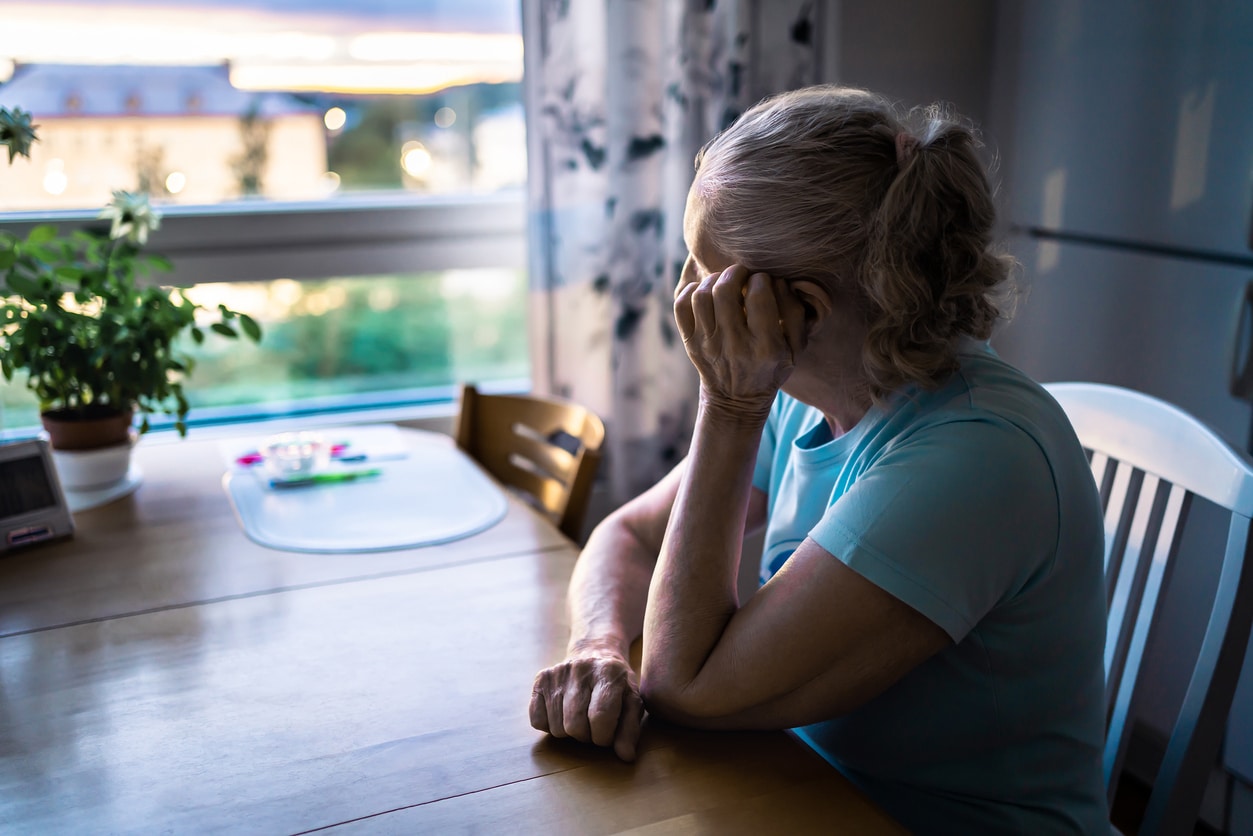Loneliness and isolation can impact mental well-being. For those living with hearing loss, this impact may be especially profound.
The Effects of Loneliness and Social Isolation

A recent study from 2021 found that roughly 36% of Americans reported experiencing serious loneliness. Loneliness isn’t just about feeling disconnected, it’s linked to health risks like anxiety, depression and even increased suicidal tendencies, according to the Centers for Disease Control and Prevention (CDC). In fact, the CDC suggests that chronic loneliness can be as harmful as smoking 15 cigarettes per day.
How Hearing Loss Can Contribute to Loneliness
Although loneliness affects people of all ages, those with untreated hearing loss may face even greater risks. A 2009 study found that each additional decibel of hearing loss raised the chance of experiencing severe loneliness by about 7%.
Understanding loneliness versus social isolation is crucial. Social isolation refers to a limited number of daily interactions. Loneliness, however, is more subjective and reflects the gap between one’s actual and desired social connections.
A person might feel lonely despite being surrounded by others, while someone else might feel content in solitude.
Hearing loss often makes social settings harder to navigate. As conversations become more challenging, those with hearing loss may start avoiding social gatherings altogether, leading to a pattern of social isolation that can deepen feelings of loneliness.
Why Treating Hearing Loss Matters
While research is still evolving on whether hearing aids directly reduce loneliness, many experts agree that treating hearing loss can improve social engagement and quality of life.
Those who choose to treat their hearing loss often find it easier to reconnect with friends and family and resume activities they enjoy, like attending a class.
To learn more about how treating hearing loss can positively impact your social well-being or to schedule an appointment with a hearing specialist, contact Gary D. Schwartzberg, Au.D., Doctor of Audiology.